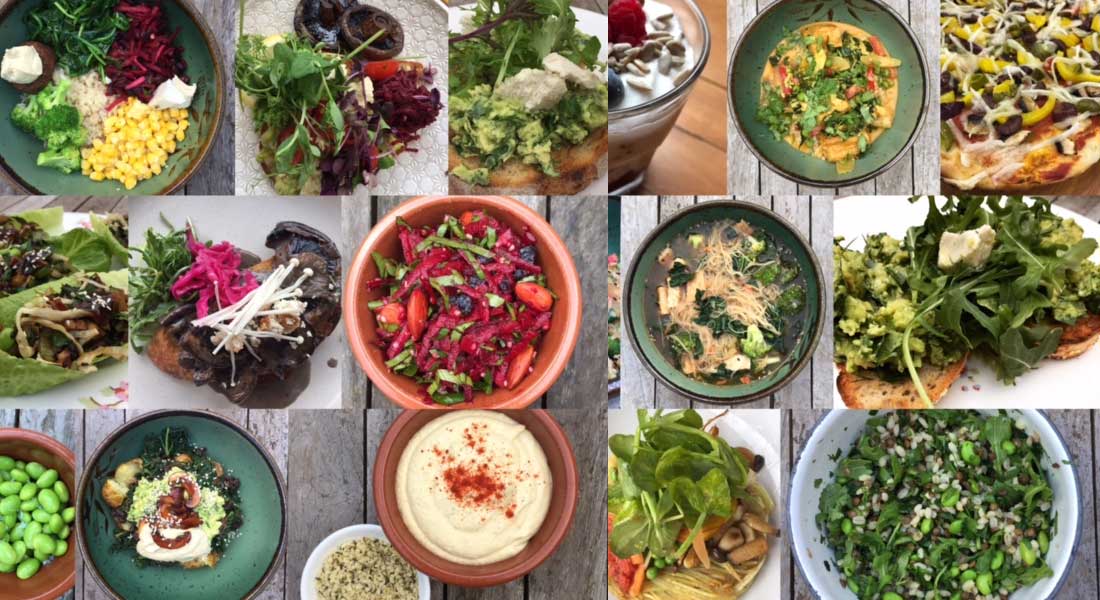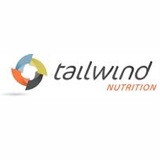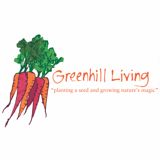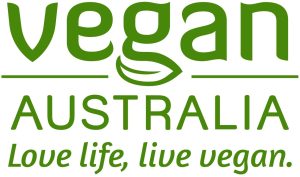Welcome to 2017 – The year of plants
If like me it doesn’t seem that long ago that we saw in the year 2000 then we are on the same wavelength, where has the time gone? Not that I am getting caught up with time, it is what it is and time keeps ticking no matter what. We can’t stop time but we can do is make the most of how we spend our time. Time is only what you make of it.
New Year Resolutions?
We are now half way into the month of January and did you hit the ground running or are you still struggling to action all that you planned towards the end of the year? How are the New Year resolutions going? Are you following any foodie trends into the New Year: high protein, paleo, plant-based?
Plant-curious?
We hear you say plant-based, hooray! We are super excited that you are plant-curious and want to incorporate more plant-based foods into your 2017 lifestyle diet but are you struggling to start for one reason or another?
One of the main concerns when adopting a plant-based diet is not only what meal to cook but plant-based nutrition. For us, this isn’t a hard concept despite all the concerns that are often talked about when you mention you no longer do or wish to eat animal products.
Processed vs Wholefoods
In a society where processed foods seem to be the forefront of our food choices choosing a plant-based diet rich in fruit, vegetables, wholefoods, nuts, seeds, legumes, beans one where nutrition is something you don’t need to worry about, really look at what you are choosing to eat.
A whole food plant-based vegan diet gives you everything your body needs and our guide below is just a start of what we can offer should you wish to explore further the benefits of a nutritionally dense lifestyle diet.
Squashing those nutrient concerns
Protein
Food sources include: Soy products; soy milk, tofu, tempeh, quinoa, amaranth, Buckwheat and micro algae – chlorella and spirulina.
Calcium
Food sources include: Brazil nuts, chickpeas, dried seaweeds, figs, green leafy vegetables, parsley, watercress, broccoli, butternut squash, tofu, fortified soy milks, okra, blackstrap molasses, almonds, chia seeds and quinoa.
Iron
Food sources include: breakfast cereals (especially those commercially fortified with iron), bread, textured vegetable protein, legumes, dried beans, nuts, dried fruits, green leafy vegetables, seaweeds, dried apricots, wholemeal bread, raisins, prunes, dates, sesame & pumpkin seeds, spinach, cabbage, tofu, wheat-germ, parsley, millet, blackstrap molasses, quinoa.
Selenium
Good food sources include: Brazil nuts, mushrooms, dried mushrooms, lentils, sesame & sunflower seeds, walnuts, whole grains, potatoes and avocado.
Iodine
Good food sources include: seaweed, organic green leafy vegetables, watercress, pears and wild rice.
Zinc
Good food sources include: dried seaweed, pumpkin, sesame & sunflower seeds, pine nuts, whole grains, wholemeal bread, brown rice, lentils, almonds, wheat germ and oats.
The good about a vegan diet
- Naturally low in saturated fats as plant foods contain little or no cholesterol
- Plant foods are higher in fibre
- Fruit and vegetables are powerful sources of antioxidants and phytochemicals
- Vegans tend to eat fewer calories due to their diet being rich in grains, legumes, fruits and vegetables
- Choosing to eat organic and biodynamic foods means you are consuming nutrient dense foods with no pollutants
- Environmentally a plant-based diet is kinder to the plant; less energy, less land and more carbon produced
A vegan diet and your health
The health benefits of eating a high plant-based diet is backed up by many quality studies, showing that it can:
- Lower and prevent cancer heart and cardiovascular disease and type 2 diabetes
- Increase your energy and vitality
- Improve circulation, sleep and mood
- Promote healthy digestion
- Leaner body type due to lower percentage of body fat
The healthiest way to transition into a vegan diet
- Educate yourself
- Replace meat and dairy with quality plant-based foods – quinoa, beans, kale, sweet potatoes, mushrooms, nuts, wholegrains, tofu, tempeh and meat replacements
- Find inspiration from vegan cooks and chefs via our resource page
- Change where you shop; organic grocers, farmers markets and specialty shops
- Take it slow make small but everlasting changes
- Eat wholefoods, real foods and nothing but food. Not food like products
- Find vegan friendly eateries
- Find ways to veganise your favourite foods
- Add vegetables to EVERY meal
- Explore herbs and spices
- Start to read labels and know what is in your food
- Cook more home meals
- Don’t over complicate meals, keep it simple
Eating healthy for the week ahead
- Cook up wholegrain rice such as brown or wild rice
- Roast vegetables and season with herbs and spicesCook red or white quinoa
- Soak beans and cook legumes for quick Mexican dishes
- Makes smoothies the night before for the next day or freeze for even more freshness and nutrient intake
- Make your own trail mix; nuts, seeds, currants, goji berries even cacao nibs
- Make salad jars and add dressing when ready to eat
- Slice fruit and vegetables for the healthy go to snack
- Make your own chia pudding and add puree fruit for that summer feel
- Never stop thinking about food; this is what helps you be more prepared
Food Choices
Breakfast choices
- Oats cooked with non dairy milk and coconut yoghurt and sliced fruit, chia seeds, flaxseed or hemp seeds
- Green smoothie – spinach or kale, acai puree, blueberries, banana, vegan protein powder, almond milk and nut butter
- Chia pudding with pureed mango and almonds
- Tahini spread over cinnamon raisin bread
- Chia pancakes with stewed fruit
- Bircher muesli with coconut yoghurt and berries
Morning snack
- Handful nuts (almonds, walnuts, brazil nuts)
- Vegetable sticks with hummus
- Trail mix; almonds, coconut flakes, goji berries, cacao nibs, seeds
- Smashed avocado on sourdough or rice cakes
Afternoon snack
- Fruit with almond butter
- Vegan protein shake
- Berries with coconut yoghurt
Lunch ideas
- Black bean chilli with avocado slices
- Brown lentils with rice, sweet potatoes and kale
- Sprouted sandwich with avocado and salad
Dinner
- Tempeh with carrots, spinach and mushrooms
- Budha bowl; brown rice, sesame seeds, avocado, brocolli, cauliflower, roasted pumpkin and zucchini, edamame or chickpeas – lemon juice and olive oil
- Mac n cheese (made using savoury yeast flakes)
- Spinach and tofu cannelloni
Where to start
Starting with an assessment of your typical meals and noting any tweaks that could make these meals vegan:
- Swapping in almond milk for regular milk
- A non-dairy spread in place of butter
- Coconut yoghurt in place of dairy yoghurt
Start with one vegan day per week and gradually increase the number of days that you’re eating vegan. Before not too long, eating a healthy, plant-based diet might just feel like second nature.
Confused?
If you are still confused or struggling with the transition to a plant-based diet then contact us for a food consultation – we love talking food.
Welcome to 2017, the year to jump in and really takes control of your health and food choices.











Leave a Reply